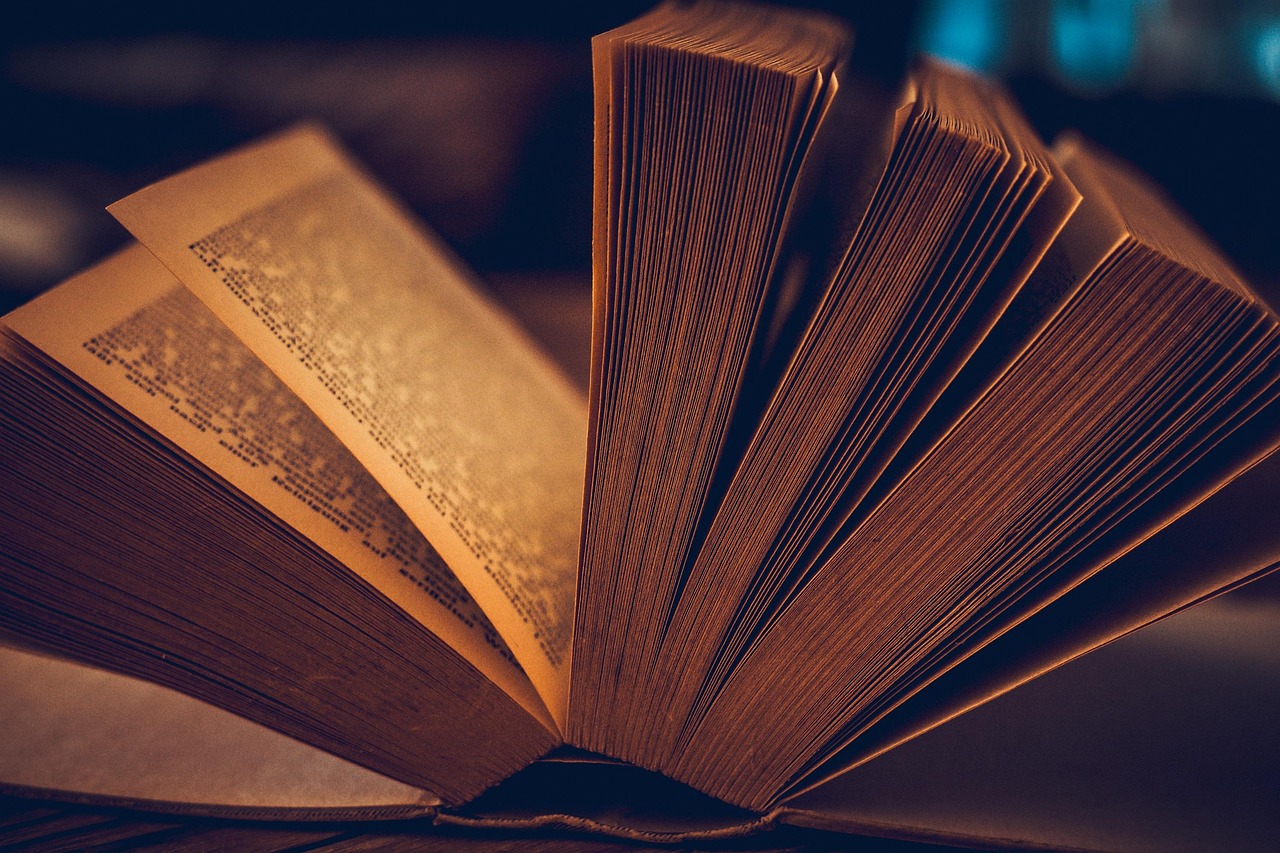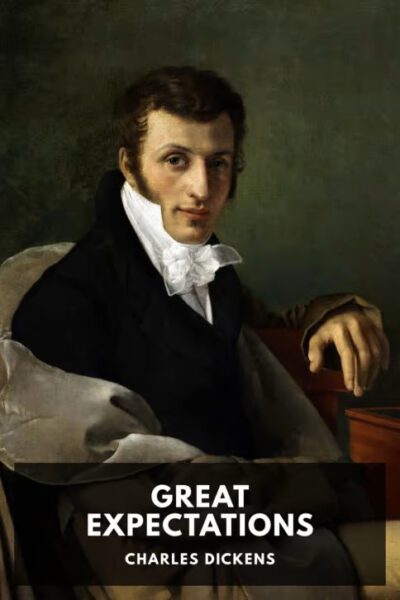Themes in Great Expectations You Should Know
A theme is the main idea or message behind a story. It’s what the book is really about—beyond just the plot. Themes often reflect real-life struggles, dreams, and lessons.
Major Themes in Great Expectations
Charles Dickens didn’t just tell a story—he gave us a mirror to life in 1800s England. Here are the key themes he explores through Pip’s journey:
1. Social Class and Ambition
Pip starts out as a poor blacksmith’s apprentice. But when he gets the chance to become a “gentleman,” he jumps at it—thinking it’ll solve everything.
- Dickens shows how class affects opportunity, relationships, and even self-worth.
- Pip learns the hard way that being “high class” doesn’t always mean being a good person.
🗨 “I wished Joe had been rather more genteelly brought up, and then I should have been so too.”
2. Guilt and Redemption
Throughout the story, Pip feels guilt—for turning his back on Joe, for loving Estella, and for being ungrateful.
- But he grows. He learns to take responsibility.
- Redemption comes when he makes things right—especially with Magwitch and Joe.
This theme shows that people can change, and it’s never too late to own your mistakes.
3. Love and Rejection
Love is messy in Great Expectations.
- Pip loves Estella, who was raised not to love anyone back.
- Miss Havisham was rejected by her fiancé and never recovered.
- Joe’s love for Pip is quiet, steady, and unconditional.
Dickens shows different kinds of love—and how chasing the wrong kind can hurt.
4. Identity and Self-Discovery
Pip’s whole journey is about trying to figure out who he is.
- He thinks money will make him someone new.
- But in the end, he realizes he had value all along—before the money, before the “great expectations.”
This theme reminds us that real identity isn’t about wealth or titles, but about how we treat others.
5. Justice and Injustice
The law plays a big role in this story:
- Magwitch is harshly punished.
- Compeyson (the real villain) gets off easy because he’s rich and smooth-talking.
- Pip sees how unfair society can be—especially toward the poor.
Dickens challenges the idea that the legal system is always fair.
6. Dreams vs. Reality
Pip dreams of a perfect life with Estella in a fancy home. But real life doesn’t follow the dream.
- His expectations get crushed, reshaped, and rebuilt.
- In the end, Pip finds a quieter, better kind of happiness.
This theme is about growing up—learning that dreams don’t always come true, but what we get instead can be more meaningful.
✨ Final Thoughts
Great Expectations is more than just a coming-of-age story. It’s packed with lessons on:
- Who we are
- What we value
- And how we learn from pain
If you’re reading the book (or thinking about it), these themes will help you see the deeper layers behind Pip’s story.
Want more guides like this? Stick around.

Liked what you just read?
Stick around — we share timeless stories, deep dives, and more posts worth your time.
Pop your email below and we’ll send the good stuff straight to you.
-
Story
Great Expectations
 What if one small act of kindness changed your entire future? Pip, a poor orphan, dreams of becoming more than a blacksmith’s apprentice. When a mysterious fortune lifts him into high society, he finds himself caught between who he was—and who he thinks he must become. But behind the money lies a secret. And in chasing a grand life, Pip may lose the people…
What if one small act of kindness changed your entire future? Pip, a poor orphan, dreams of becoming more than a blacksmith’s apprentice. When a mysterious fortune lifts him into high society, he finds himself caught between who he was—and who he thinks he must become. But behind the money lies a secret. And in chasing a grand life, Pip may lose the people…-
1.8 K • Jun 30, '25
-
3.4 K • Jun 30, '25
-
1.9 K • Jun 30, '25
-

0 Comments